2025 Smart Home Trends in Ghana: AI Integration, Sustainability & Beyond
Smart home technology has grown from an exciting concept into a central feature of modern living in Ghana. Over the past year, our blog has explored how smart homes improve property management, boost energy efficiency and make homes safer. In 2025 the conversation is moving further, driven by artificial intelligence (AI), advanced connectivity and a focus on sustainability. This article looks at the trends shaping smart homes in Ghana, highlights the opportunities for homeowners and real‑estate developers, and shares tips on how to prepare your home for this next wave of innovation.
AI‑powered home management – homes that learn
AI is becoming the brain of modern homes. Advanced systems learn from occupants’ habits and preferences, creating truly personalised living experiences. VAAL Ghana notes that AI‑powered homes can anticipate needs, adjust climate control and even distinguish between residents and visitors. These systems detect patterns in daily routines and automatically modify lighting, temperature and other settings to maximise comfort and energy efficiency
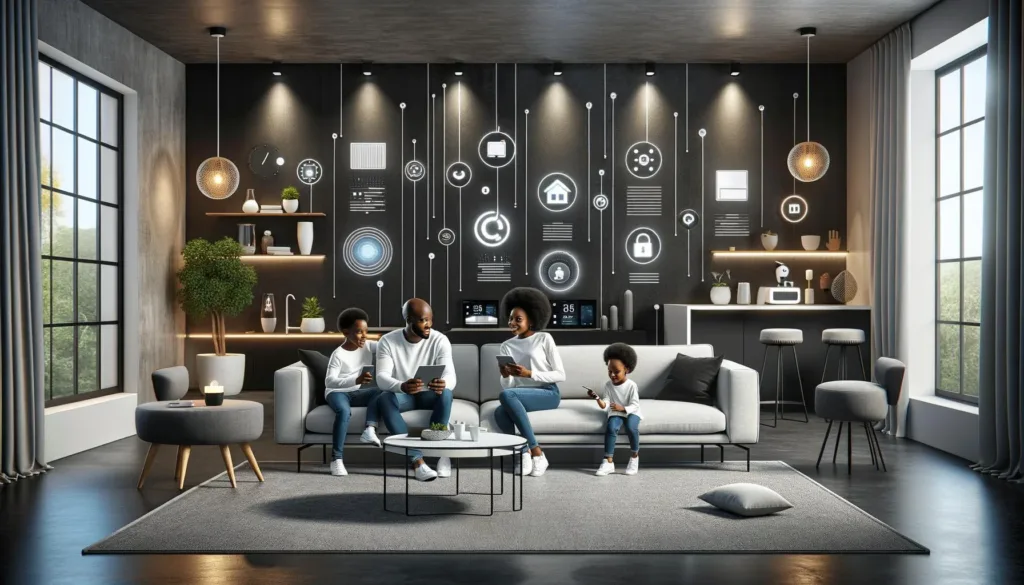
The latest technology news confirms that AI now sits at the heart of smart home automation. Devices learn from user behaviour and environmental data; smart thermostats analyse routines and adjust heating or cooling accordingly, motion‑sensing lights activate only when needed, and AI‑powered security cameras use facial recognition to tell family from strangers. Centralised control hubs allow homeowners to manage lighting, climate, security and entertainment from a single interface using generative‑AI voice assistants
An expanding Internet‑of‑Things (IoT) ecosystem
Seamless device integration is another hallmark of 2025. VAAL Ghana describes how IoT ecosystems now connect appliances, lighting, security and even grocery ordering to create a cohesive living environment. When a smart alarm wakes you, it can trigger a chain of events, gradually increasing lighting, starting your coffee maker and adjusting the bathroom temperature, while monitoring energy use to maintain efficiency.
The widespread rollout of 5G networks is supercharging this connectivity. Faster, more reliable connections mean that IoT devices can communicate instantly, enabling real‑time automation and data‑driven insights. This level of connectivity supports everything from smart appliances to city‑wide systems, making daily life more responsive and efficient.
Advanced displays and interfaces
Emerging interface technologies are making homes more immersive and intuitive. Transparent OLED screens and augmented‑reality displays allow homeowners to check calendars, monitor security or adjust room settings through elegant interfaces integrated into windows and mirrors. Voice commands, gesture controls and eye‑tracking technology create natural ways to interact with the home. These innovations not only improve aesthetics but also ensure accessibility for all family members.

Sustainability and renewable‑energy integration
Sustainability remains a key focus of smart home innovation. Ghanaian homeowners have already embraced energy‑saving technologies such as smart thermostats and smart plugs, which can cut energy consumption by up to 30% and allow devices to turn off automatically when not in use. Research shows that integrating renewable energy sources like solar panels into smart homes allows homeowners to monitor and optimise energy production and consumption in real time. Smart water heaters and weather‑responsive irrigation systems further reduce waste and utility costs.
Ghana’s smart‑home market is projected to grow from US$53.1 million in 2024 to US$85 million by 2028. This growth reflects rising adoption of smart devices that provide benefits such as enhanced security and energy management. It also underscores the opportunity for developers to integrate renewable‑energy solutions and smart devices into new homes from the outset.
Wearable and minimalist technology
The next generation of smart homes is also shifting toward wearable and minimalist devices. Wearable tech such as AI‑powered smart glasses provides hands‑free control and information at a glance, blending everyday living with innovation. Minimalist phones and smart devices reduce screen time while still connecting seamlessly with home automation systems. These products cater to users who want streamlined, distraction‑free technology without sacrificing connectivity.
Ghana‑specific opportunities and challenges
The evolution of smart homes in Ghana is not without challenges. High initial costs, inconsistent power and internet infrastructure, and gaps in public awareness can hinder adoption. Addressing these issues will require cooperation between government, tech providers and real‑estate developers. Affordable devices, training programmes and strong infrastructure will help make smart home technology more accessible across the country.
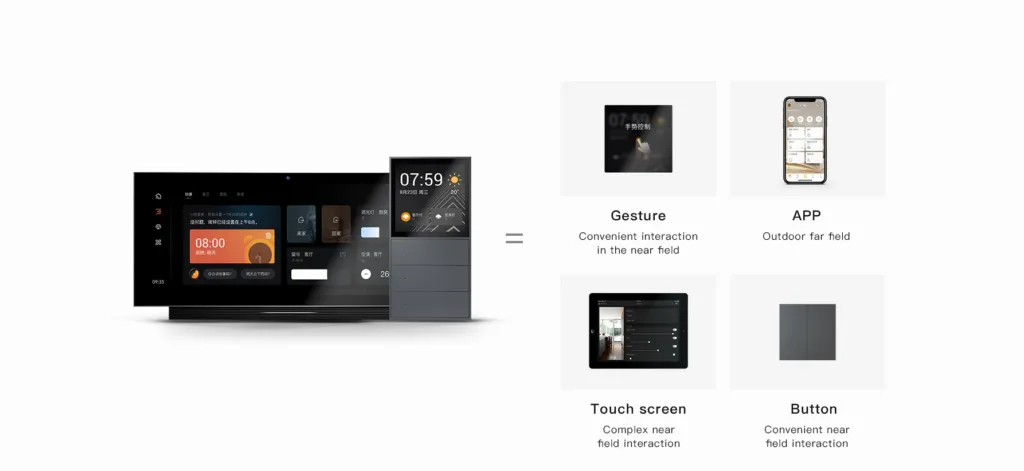
However, the benefits are clear. Smart homes enhance energy management and sustainability, improve security and safety through biometric access and real‑time monitoring, and raise property values by offering modern conveniences that appeal to buyers. Smart devices also deliver personalised comfort voice‑activated controls, smart appliances and tailored automation routines that improve residents’ quality of life. According to our 2024 posts, homeowners can even reduce energy bills by adopting smart thermostats, smart plugs and efficient lighting.
Best Smart Home Devices for Each 2025 Trend in Ghana
To bring these trends into your home, you need the right smart home devices. Here is a breakdown of the best device categories for each trend, all available at SmartHome.com.gh with prices starting from ₵80.
AI and Automation
For AI‑driven automation, start with smart switches and smart sockets. These Tuya‑compatible devices connect to apps that learn your usage patterns and create automated schedules. Pair them with voice assistants like Alexa or Google Home for hands‑free control of lights, fans, and appliances throughout your home. Prices for smart switches start from ₵70, making AI‑powered automation accessible to most Ghanaian households.
Smart Security Devices
Biometric smart door locks, WiFi security cameras, and window sensors form the core of any smart security setup. Browse our smart security collection for fingerprint locks from ₵350, 4K solar cameras, and motion sensors that send instant phone alerts. These devices work even during power outages, a critical consideration for Ghana. For a detailed buyer’s guide, read Where Can I Buy Smart Door Locks in Accra?
Energy‑Saving Smart Devices
Smart plugs and energy monitors help you track and reduce electricity consumption, which is essential in Ghana where ECG bills keep rising. Smart sockets let you schedule devices to turn off automatically, while smart LED bulbs and strip lights consume up to 75% less energy than traditional lighting. Learn more in our guide: How to Reduce Energy Bills with Smart Home Technology.
Smart Lighting and Ambience
Smart lights are among the most popular smart home devices in Ghana. From WiFi‑controlled bulbs to LED strip lights, these devices let you set the mood, automate schedules, and save energy. Check out our smart lighting collection for options that work with Tuya, Alexa, and Google Home — prices start from just ₵80.
Smart Curtains and Home Comfort
For homeowners who want to take automation further, smart curtains offer motorised window control via app or voice command. Schedule curtains to open with your morning alarm and close at sunset for privacy and energy savings. Combined with smart remote controls, you can manage your air conditioning, TV, and other IR devices from a single app.
Preparing for your 2025 smart home
If you’re ready to embark on your smart‑home journey in Ghana, consider these tips:
- Start with AI‑ready devices. Opt for smart thermostats, lighting and security systems that use AI to learn your routines and improve efficiency. These devices can adjust temperatures, switch lights and secure your home automatically, saving energy and providing peace of mind.
- Choose Matter‑compatible IoT devices. Matter is an emerging standard that ensures devices from different brands work together seamlessly. When shopping for smart plugs, switches or speakers, look for Matter certification to future‑proof your home.
- Invest in renewable‑energy solutions. Install solar panels or smart water heaters to reduce energy bills and environmental impact. Pair these with smart meters to monitor production and consumption in real time.
- Focus on security and privacy. Select devices with strong encryption and two‑factor authentication. Regularly update firmware to protect against cyber‑threats.
- Leverage local expertise. SmartHome Ghana offers consultancy, installation and after‑sales support for a wide range of smart devices. Our budget‑friendly guides emphasise starting small, prioritising safety, using free smartphone apps and adopting a DIY mindset. We also provide troubleshooting tips for common device malfunctions.
Conclusion
Smart home technology is rapidly evolving, and 2025 will be remembered as the year when AI, advanced connectivity and sustainability converged to redefine how we live. For Ghanaian homeowners and property developers, embracing these trends offers an opportunity to create homes that are energy‑efficient, secure and responsive. While challenges remain, investing in AI‑powered devices, matter‑compatible IoT products and renewable‑energy solutions can position your home at the forefront of this revolution.
📚 Related Reading
- How to Reduce Energy Bills with Smart Home Technology , practical tips for cutting electricity costs with smart devices in Ghana.
- How to Create a Smart Home on a Budget in Ghana , start your smart home journey without breaking the bank.
- Smart Homes in Ghana’s Real Estate: The Transformative Power , how smart technology is boosting property values across Ghana.
- Where Can I Buy Smart Door Locks in Accra? , a guide to finding the best smart locks with prices and features.
- Internet Connectivity for Smart Homes in Ghana , optimise your network for reliable home automation.
Are you ready to build or upgrade your smart home? Contact SmartHome Ghana today for personalised advice and professional installation. Together we can transform your living space into a sustainable, intelligent haven.
Related Articles
- From Makola to Airport Hills: Affordable Smart Home Security for Every Ghanaian Neighborhood — Budget-friendly smart security solutions across Ghana.
- LED Strip Lights Price in Ghana (2026 Guide) — Real prices and buying guide for smart LED lighting.
- Smart Home Valentine’s Gift Ideas for Couples in Ghana (Under ₵2,000) — Practical smart home gifts at every budget.
- How to Keep Your Smart Home Smart When ECG Goes AWOL — Dumsor-proof your smart home setup.
- Top 5 Smart Home Upgrades for New Homeowners in Ghana (2026 Guide) — Essential upgrades every new homeowner needs.
- Real Smart Home Projects in Ghana (With Costs and Savings) — See actual costs from completed installations.

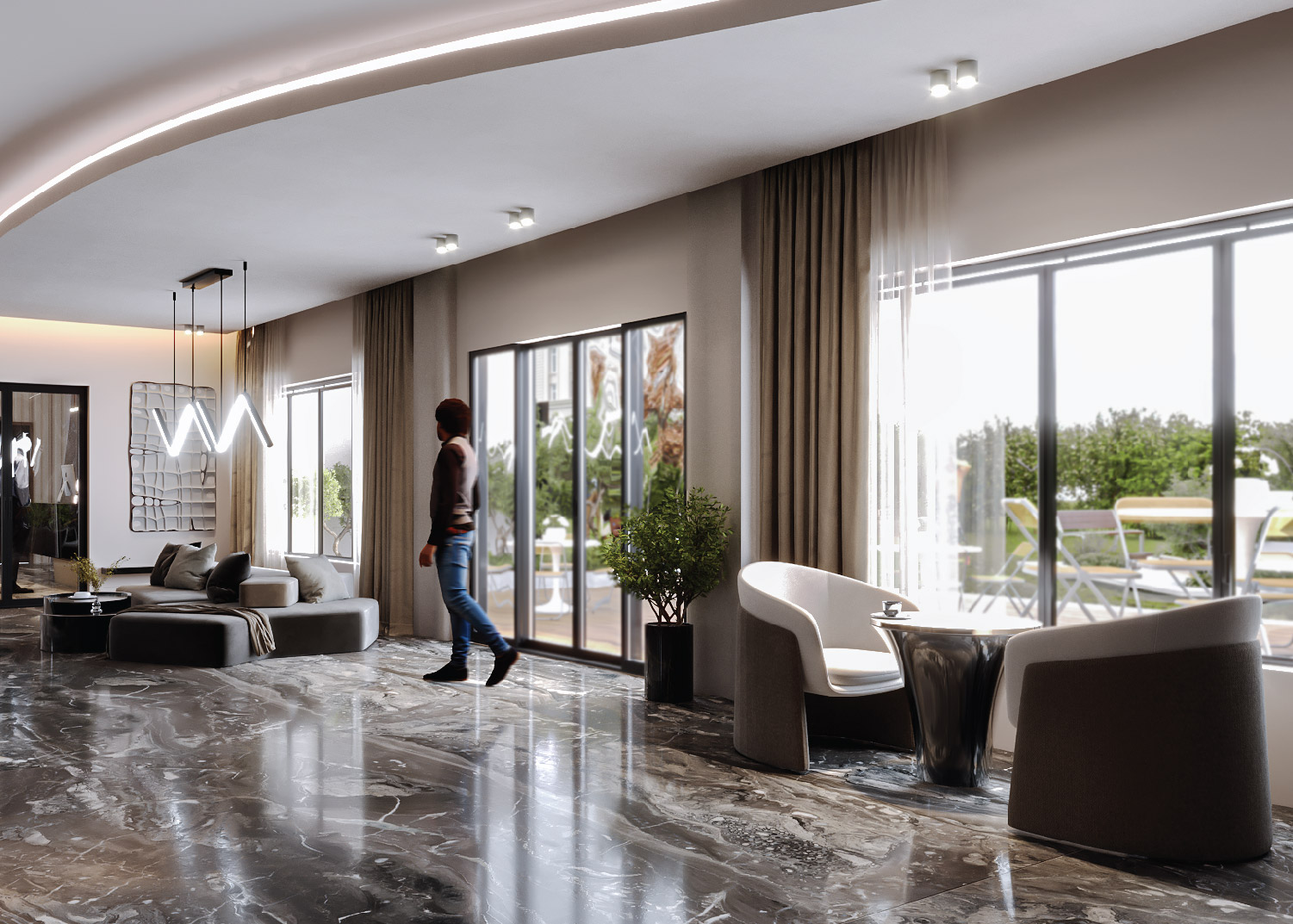

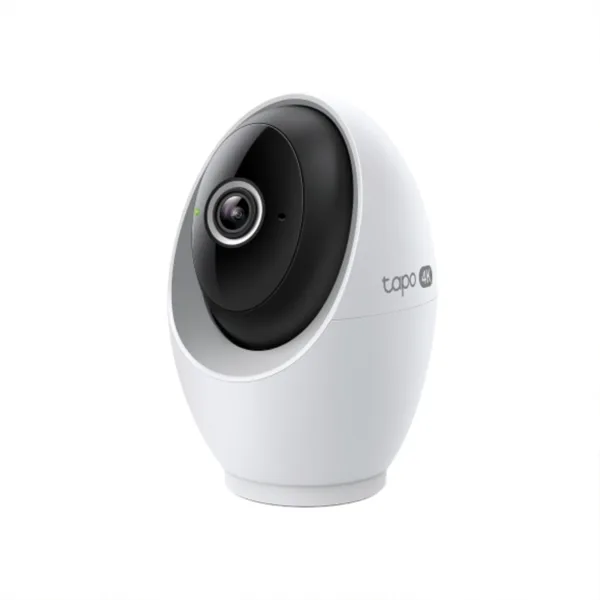
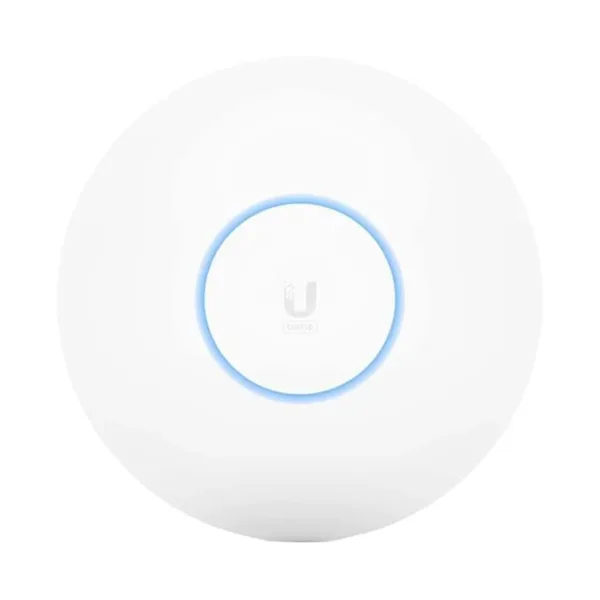
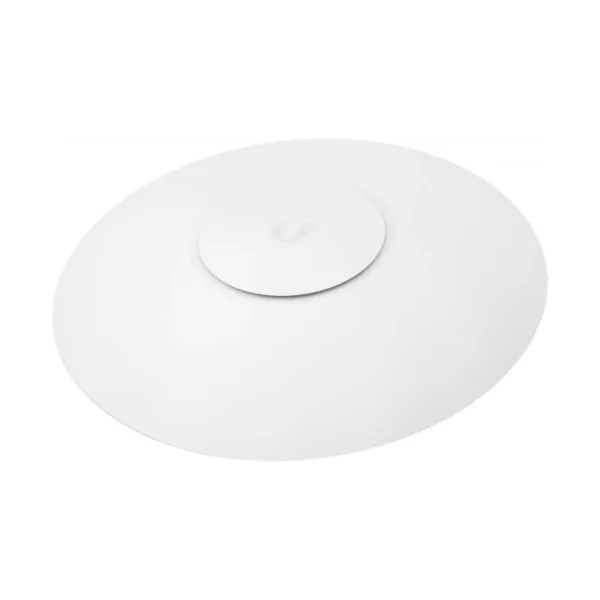
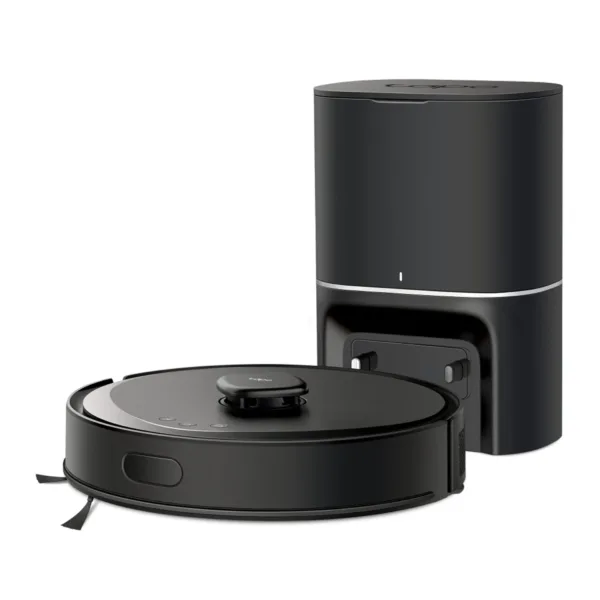
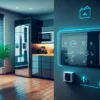






Add comment